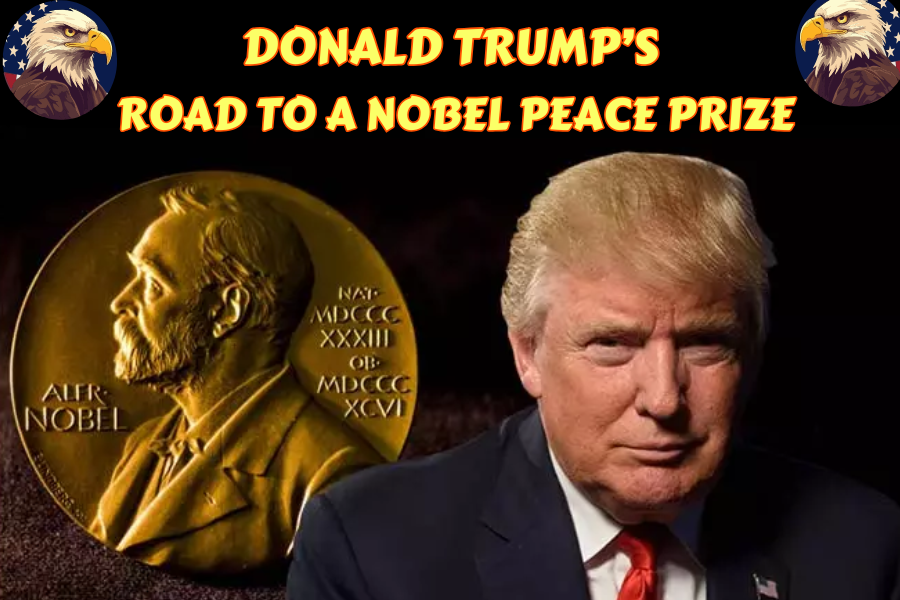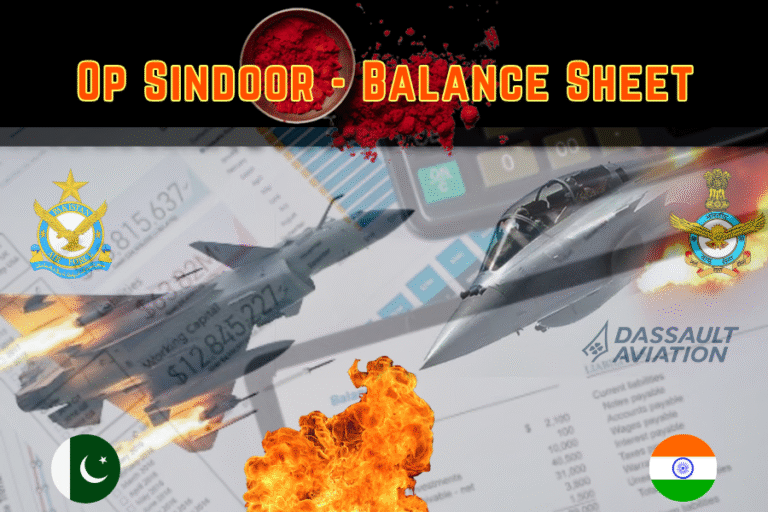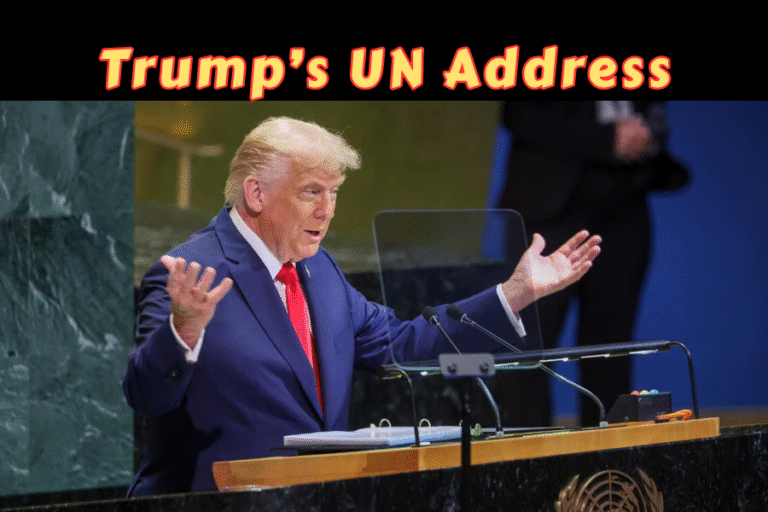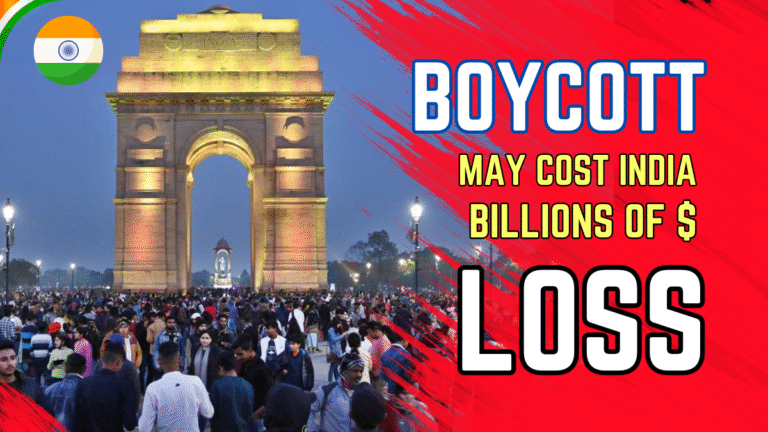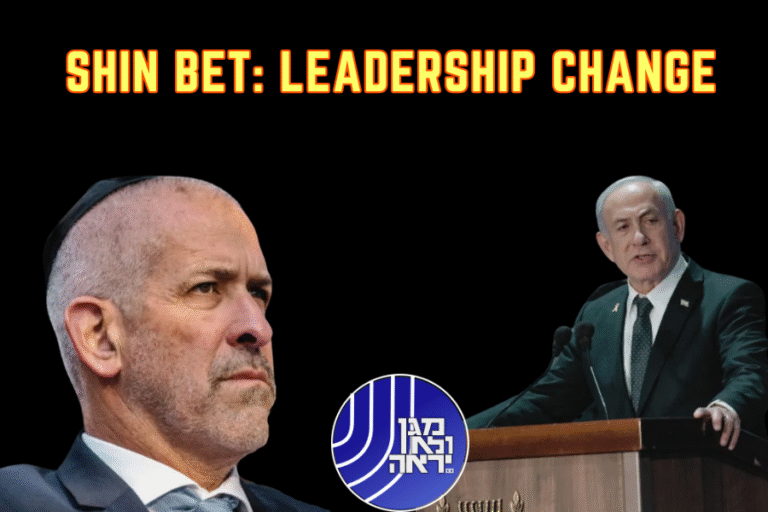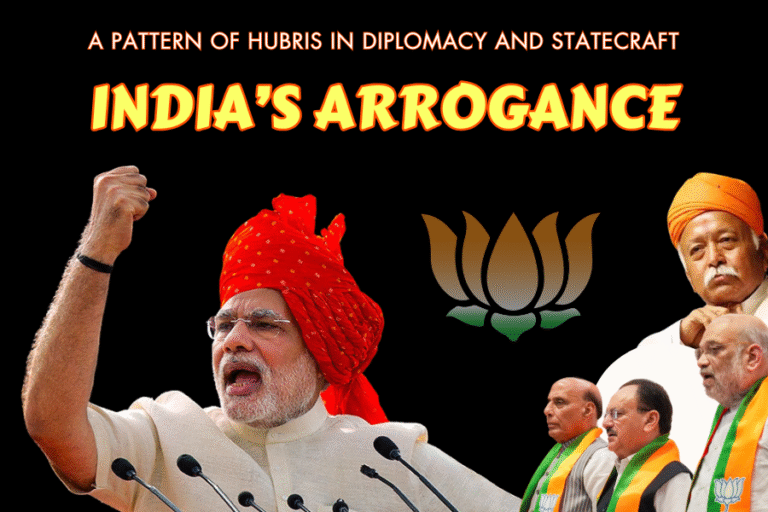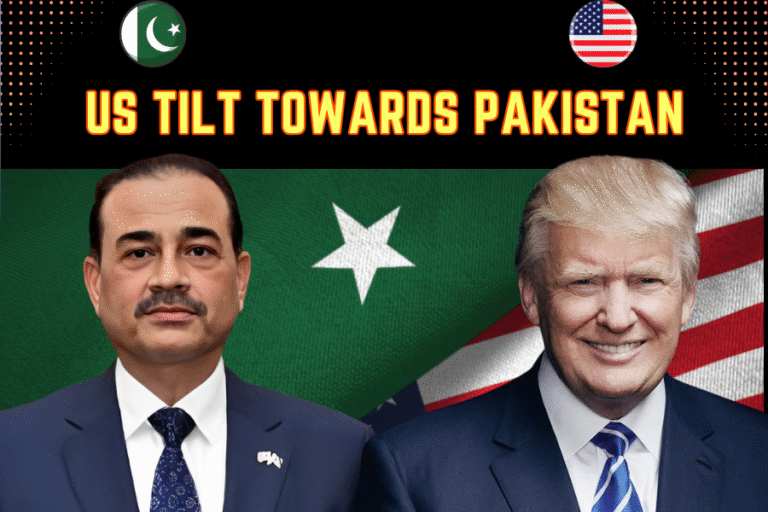(By Khalid Masood)
In a world riven by geopolitical strife, US President Donald Trump has carved a singular path, his brash, unorthodox diplomacy shaking the foundations of conflicts from Ukraine’s battlefields to the volatile Middle East. On 21 June 2025, Pakistan announced its bold nomination of Trump for the 2026 Nobel Peace Prize, lauding his “decisive diplomatic intervention” in brokering a ceasefire between nuclear-armed rivals India and Pakistan in May 2025, averting a catastrophic escalation. This audacious move, echoed by Trump’s pivotal role in ending the Iran–Israel war through direct talks with Israeli Prime Minister Benjamin Netanyahu and enlisting Qatar’s Amir to persuade Iran, underscores his knack for defusing global flashpoints. Steeped in the scars of regional conflict and a yearning for justice, Trump’s mediation in these crises—coupled with his offers to tackle the festering Gaza and Kashmir disputes—positions him as a formidable, if flawed, contender for the Nobel. Yet, his support for Israel’s Gaza campaign and strikes on Iran’s nuclear sites, condemned by Pakistan as “a grave violation of international law,” casts shadows over his peacemaker image. This article argues that Trump’s nomination is justified by his pragmatic successes, but to clinch the Nobel, he must resolve Gaza’s humanitarian tragedy and the 78-year-old Kashmir issue, honoring UN Security Council resolutions for a plebiscite to deliver justice to a region long denied it.
I. Trump’s Unconventional Diplomacy: A Disruptive Force for Peace
Donald Trump’s diplomacy is a tempest of bravado, deal-making, and media spectacle, sidestepping the staid protocols of traditional statecraft. His May 2025 mediation between India and Pakistan, sparked by the 22 April Pahalgam attack that killed 26 civilians, exemplifies this. After Pakistan’s Operation Bunyan-um-Marsoos downed seven Indian jets, including Rafales, in a four-day clash, Trump’s intervention—leveraging Saudi and Turkish pressure—secured a ceasefire on 10 May, averting a nuclear crisis. Pakistan’s Foreign Ministry hailed his “stellar statesmanship,” noting his threat to withhold $10 billion in US trade unless both nations stood down. India, however, denies US mediation, insisting on a bilateral truce, a claim that underscores Trump’s polarizing impact, per The Hindu.
Trump’s reach extends beyond South Asia. In Ukraine, his 30-day truce in 2025 paused Russia’s advance, though it faltered without a lasting accord, per Policy Circle. Most strikingly, on 22 June 2025, Trump brokered a historic ceasefire ending the Iran–Israel war, a conflict ignited by Israel’s 13 June strikes and US attacks on Iran’s nuclear sites at Fordow, Natanz, and Isfahan. Engaging directly with Netanyahu and enlisting Qatar’s Amir Sheikh Tamim bin Hamad Al Thani to persuade Iran’s President Masoud Pezeshkian, Trump secured a permanent truce, halting nine days of devastating missile exchanges that killed 240 Iranians and 86 Israelis, per Reuters. Pakistan’s Prime Minister Shehbaz Sharif praised Trump’s “decisive leadership” in a 23 June statement, noting the truce’s role in averting a broader Middle East war.
Yet, Trump’s contradictions—backing Israel’s Gaza offensive and authorizing Iran’s strikes—draw ire. Pakistan condemned the 21 June US attack on Iran’s nuclear facilities, with Foreign Minister Ishaq Dar calling it “a reckless act,” per Dawn. As @TalatHussain12 posted on X, Trump’s Gaza policy makes him “Israel’s sugar daddy,” clashing with his peacemaker narrative. Despite these flaws, his India–Pakistan and Iran–Israel ceasefires showcase a diplomacy that, while chaotic, delivers results where others falter.
II. The Case for Trump’s Nobel Nomination
Pakistan’s nomination of Trump, announced on 21 June 2025, rests on his role in the India–Pakistan ceasefire, credited with saving millions from nuclear catastrophe. The May conflict, sparked by the Pahalgam attack, saw India’s strikes on Pakistan-occupied Kashmir met with Pakistan’s downing of seven Indian jets, escalating tensions to levels unseen since 1971. Trump’s White House lunch with Pakistan’s army chief, Asim Munir, and calls with India’s Narendra Modi—despite Modi’s denial of mediation—produced a truce within 72 hours, per Pakistan’s Foreign Office. His offer to mediate the Kashmir dispute, a Pakistani demand since 1947, further bolsters his case.
The Iran–Israel ceasefire, finalized on 22 June, adds weight. Trump’s direct engagement with Netanyahu and Qatar’s mediation with Iran ended a war that risked engulfing the region, with Iran’s threats to close the Strait of Hormuz averted. Pakistan’s Senate resolution, despite dissent from Allama Raja Nasir, lauded Trump’s “global peace-building,” per Newsweek. His broader record—normalizing Israel–UAE–Bahrain ties via the Abraham Accords and brokering a 2025 Congo–Rwanda treaty—shows a pattern of intervention, contrasting with predecessors like George W. Bush, whose wars cost 4.5 million lives, per Brown University’s Costs of War.
Trump’s frustration, voiced on Truth Social on 20 June—“I won’t get a Nobel Peace Prize no matter what I do, including Russia/Ukraine, and Israel/Iran”—reflects his belief in a biased Committee, which honored Obama in 2009 for “vision.” Pakistan’s nomination, strategic yet sincere, aims to lock in Trump’s goodwill, deterring alignment with India or Israel against Iran, as per social media : “Trump’s Pak–India truce earns him the Nobel nod.”
III. The Gaza Imperative: A Humanitarian Litmus Test
The Gaza crisis, a humanitarian catastrophe since Hamas’s 7 October 2023 attack, is a critical hurdle for Trump’s Nobel aspirations. Israel’s US-backed campaign has killed over 40,000 Palestinians, displaced 1.9 million, and triggered famine warnings, per UN reports. Trump’s two-month Gaza ceasefire in March 2025 collapsed, with his refusal to reopen Palestinian diplomatic channels and continued $3.8 billion in annual US aid to Israel drawing Pakistan’s condemnation. In Karachi, protests on 22 June saw Trump’s image burned, with chants decrying US complicity, per Reuters.
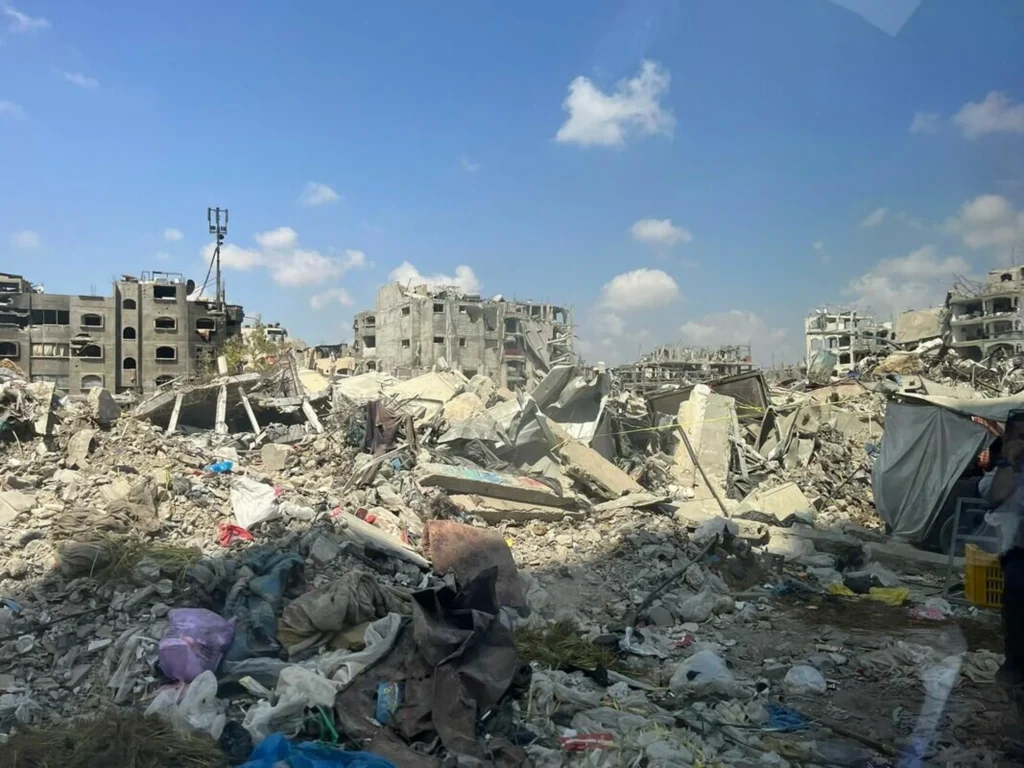
To secure the Nobel, Trump must pressure Israel for a permanent ceasefire, ensure humanitarian aid reaches Gaza’s 2.3 million people, and revive two-state talks aligned with UN resolutions. His Abraham Accords, while historic, excluded Palestinians, rendering them incomplete. Pakistan’s 23 June statement urged Trump to address Gaza’s “genocide,” echoed on social media, “Trump’s Nobel hinges on ending Gaza’s bloodshed.” Success would counter critics like Maleeha Lodhi, who on X called his Gaza stance “unfortunate,” and align with Pakistan’s advocacy for Palestinian rights.
IV. The Kashmir Conundrum: Justice Delayed for 78 Years
The Kashmir dispute, unresolved since the 1947 partition, is the heart of India–Pakistan enmity and a defining test for Trump’s Nobel bid. UN Security Council Resolution 47 of 1948, reaffirmed in 1957, mandates a plebiscite to determine whether Kashmir joins India or Pakistan, a promise denied for 78 years. India’s 2019 revocation of Jammu and Kashmir’s autonomy, followed by mass detentions and a communication blackout, fueled unrest, culminating in the 2025 Pahalgam attack and cross-border strikes. Pakistan, controlling one-third of Kashmir, demands international mediation, while India insists on bilateral talks under the 1972 Simla Agreement.
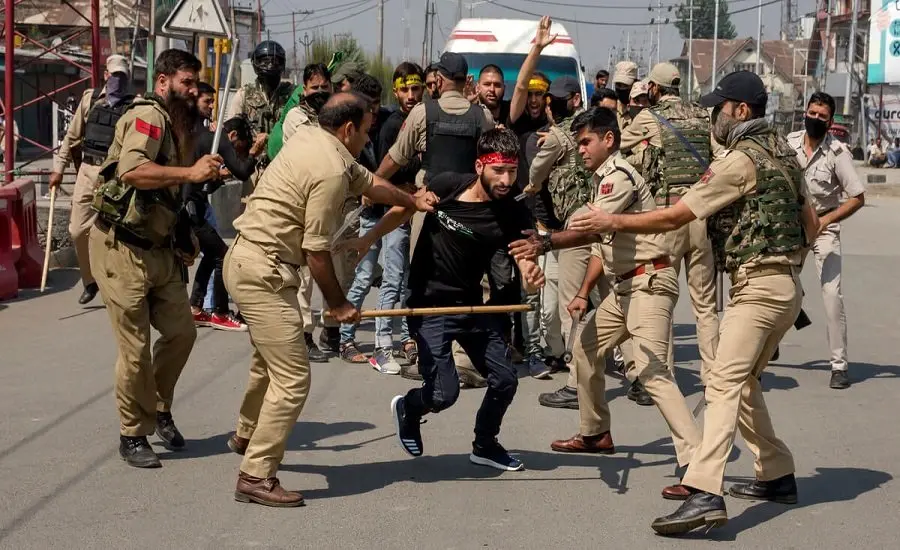
Trump’s offer to mediate, reiterated in 2025, aligns with Pakistan’s stance but provokes India, with Foreign Secretary Vikram Misri dismissing US involvement on 20 June, per The Times of India. His May ceasefire, credited by Pakistan to his “robust engagement,” proves his potential to bridge divides. To win the Nobel, Trump must push for a UN-monitored plebiscite, demilitarizing Kashmir and restoring autonomy. This would require pressuring India—a US strategic partner against China—despite Modi’s nationalist defiance. As @Geo_Politics posted on X, “Trump’s Kashmir mediation could deliver justice,” a sentiment Pakistan’s Senate echoed in its nomination.
V. The Nobel Committee’s Calculus: Weighing Triumphs and Flaws
The Norwegian Nobel Committee awards the Peace Prize for “fraternity between nations,” honoring tangible outcomes like Juan Manuel Santos’s 2016 FARC accord or visionary efforts like Obama’s 2009 award. Trump’s India–Pakistan ceasefire, Iran–Israel truce, and Congo–Rwanda treaty are concrete achievements, saving lives and averting wars. Pakistan’s nomination, backed by its nuclear status, carries weight, but challenges loom.
- Strengths: Trump’s anti-interventionist record—avoiding new wars in Syria and Yemen—and his role in pausing nuclear and regional conflicts resonate with the Committee’s focus on prevention. The Iran–Israel ceasefire, brokered through Qatar, showcases his ability to leverage allies, per Al Jazeera.
- Weaknesses: Trump’s support for Israel’s Gaza campaign and Iran strikes, condemned by Pakistan and Muslim nations, risks disqualification. The Committee may balk at his ego-driven rhetoric, as John Bolton noted, and his constitutional overreach in Iran’s attack, per Senator Tim Kaine’s 22 June statement.
- Path Forward: Resolving Gaza with a permanent ceasefire and aid framework, and advancing Kashmir toward a UN plebiscite, would make Trump’s case unassailable. A lasting Russia–Ukraine accord, as per social media, would further cement his legacy.
The Committee’s October 2026 decision will balance Trump’s results against his contradictions, with Gaza and Kashmir as pivotal tests.
VI. A Pakistani Perspective: Trump as South Asia’s Hope
From Pakistan’s vantage, Trump’s diplomacy offers a lifeline where Western neglect has failed. His Kashmir mediation offer, taboo in India-centric US policy, aligns with Islamabad’s call for UNSC resolutions. The May ceasefire saved Pakistani lives, earning Prime Minister Sharif’s gratitude, while the Iran–Israel truce, facilitated by Qatar, eased fears of a regional war impacting Pakistan’s $1.5 billion oil imports.
Pakistan’s nomination is strategic, aiming to secure Trump’s goodwill and deter alignment with India or Israel against Iran. As Mushahid Hussain told Newsweek, “Trump’s pragmatic approach suits Pakistan,” but his Gaza and Iran policies must align with justice. A Nobel for Trump, from Islamabad’s view, hinges on delivering Kashmir’s plebiscite and Gaza’s peace, restoring faith in a rules-based order.
VII. Conclusion: A Prize Within Grasp, If Justice Prevails
Donald Trump’s Road to the Nobel Peace Prize is a saga of audacity and contradiction, his diplomacy a beacon amid global chaos. Pakistan’s nomination, rooted in his India–Pakistan ceasefire and amplified by his Iran–Israel truce, celebrates a leader who defused nuclear and regional flashpoints. His direct talks with Netanyahu and Qatar’s mediation with Iran, ending a war that could have scorched the Middle East, prove his mettle. Yet, his support for Israel’s Gaza war and Iran’s bombardment, condemned by Pakistan, threatens to eclipse his achievements.
To claim the Nobel, Trump must resolve Gaza’s humanitarian crisis with a lasting ceasefire and aid, and deliver justice in Kashmir through a UN plebiscite, fulfilling Resolution 47’s 78-year promise. From Karachi’s streets to Oslo’s halls, the world watches. As per a social media post, “Trump’s India–Pakistan and Iran–Israel truces are Nobel-worthy, but Gaza and Kashmir are the real test.” Let Trump silence his critics with deeds, not boasts, and deliver peace where history has faltered. The Nobel awaits, but only if he chooses justice over expediency. For Pakistan, for South Asia, for humanity—Trump’s moment is now.

